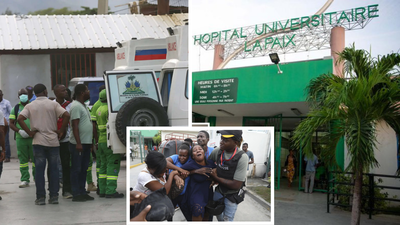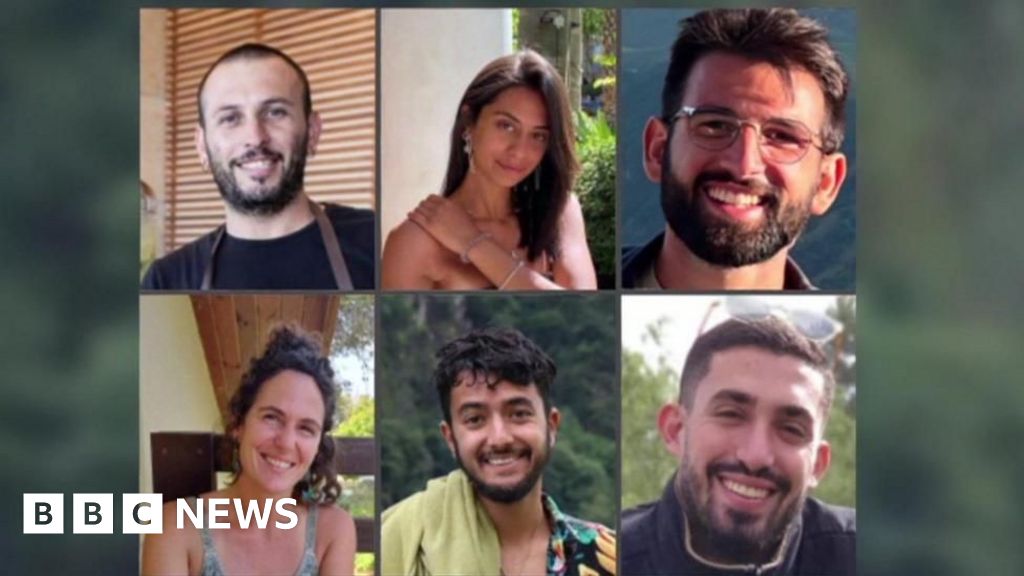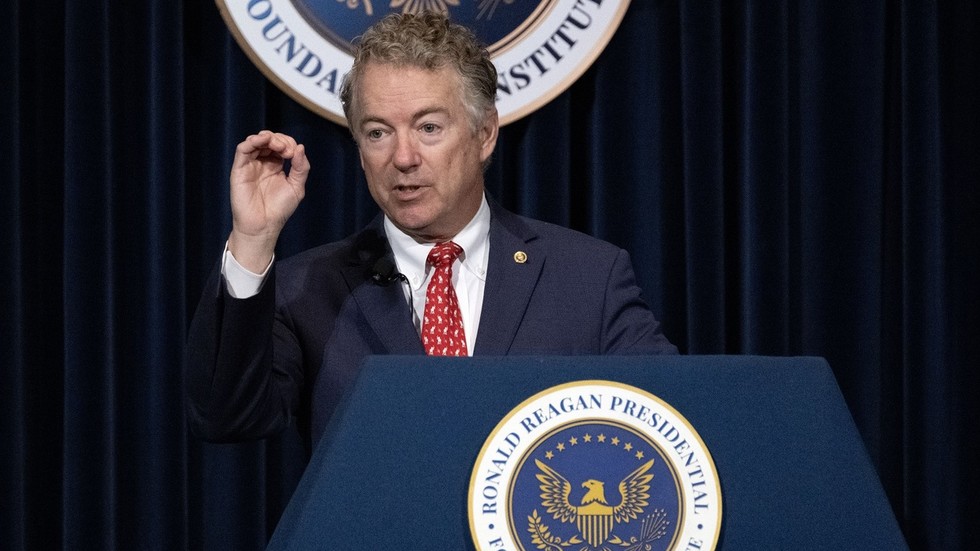
Robest Dimanche, spokesman for the Online Media Collective, identified the victims as journalists Markenzy Nathoux and Jimmy Jean.
Two journalists were killed and several others wounded when suspected gang members opened fire during the reopening of Haiti’s largest public hospital on Tuesday. The attack, which also injured police officers and civilians, unfolded as authorities sought to restore operations at the General Hospital, closed earlier this year due to escalating gang violence.
Robest Dimanche, spokesman for the Online Media Collective, identified the victims as journalists Markenzy Nathoux and Jimmy Jean. An unspecified number of other reporters were injured in the attack, which Dimanche blamed on the
Viv Ansanm gang
coalition.
Haiti’s interim president,
Leslie Voltaire
, condemned the violence in a national address. “I send my sympathies to the people who were victims, the national police, and the journalists,” Voltaire said, vowing that “this crime is not going to go unpunished.”
Video footage posted online showed the bodies of two men on stretchers, one with a press credential around his neck, while other reporters were seen lying on the hospital floor, apparently wounded. Radio Télé Métronome reported that seven journalists and two police officers were injured in the incident, though authorities have yet to confirm the numbers.
Johnson “Izo” André, leader of the Viv Ansanm gang, claimed responsibility for the attack in a video posted on social media. He stated that the gang had not authorized the reopening of the hospital, signaling the extent of gang control over Haiti’s capital.
The General Hospital, located near the national palace, has been the scene of violent clashes between police and gangs. In July, former Prime Minister Garry Conille visited the hospital after authorities briefly regained control. The facility had been devastated, with debris and bullet-riddled walls marking the aftermath of the fighting.
Gang violence has pushed Haiti’s health care system to the brink, with medical facilities looted, burned, and destroyed in recent months. The rainy season has further exacerbated the crisis, increasing the risk of waterborne diseases like cholera. According to UNICEF, Haiti has reported over 84,000 suspected cases of cholera this year, compounding the nation’s health challenges.
Haiti has become increasingly dangerous for journalists, with multiple reporters killed in recent years. The deaths of Nathoux and Jean highlight the growing risks faced by media workers in a country where lawlessness continues to deepen.

 15 hours ago
2
15 hours ago
2










 English (US) ·
English (US) ·